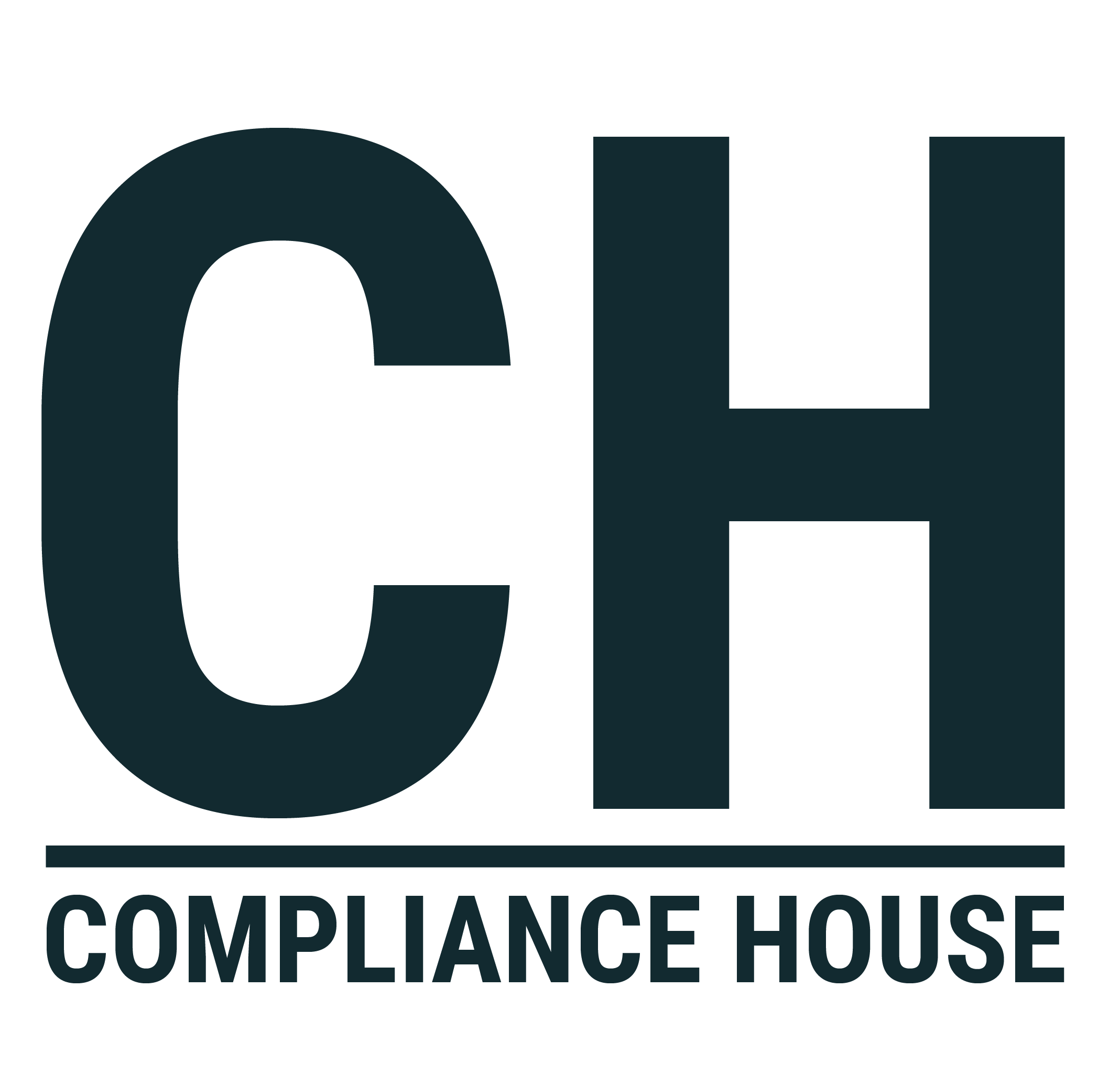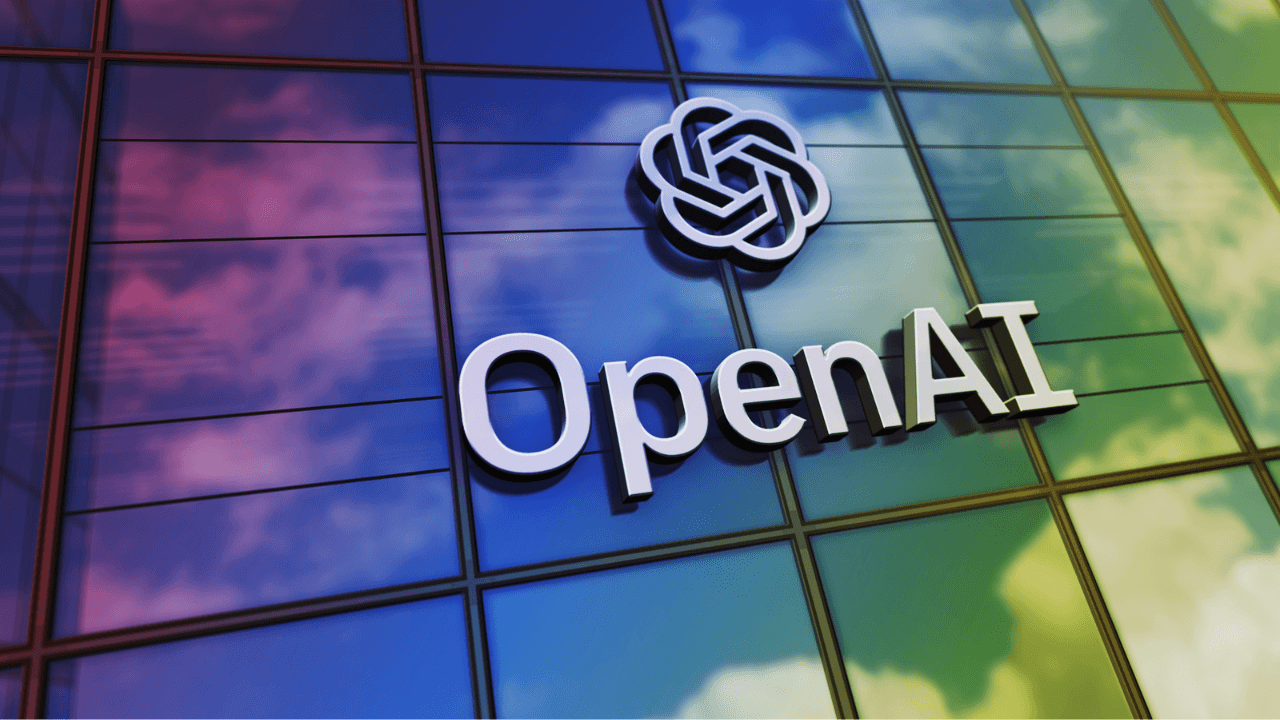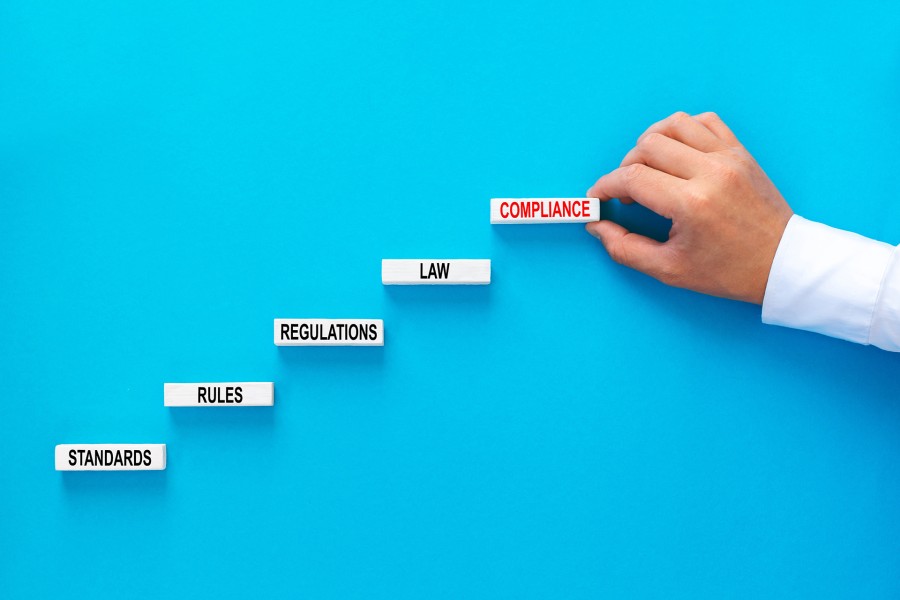In a shocking turn of events that reverberated throughout the business community, the abrupt ousting of Sam Altman, CEO of OPEN-AI INC., sent ripples of astonishment and speculation across the corporate landscape. At the forefront of technological innovation, OPEN-AI had rapidly ascended to unprecedented heights, with its advancements being likened to the impact of the atomic bomb and surpassing the revolutionary influence of the internet’s inception. Yet, amidst this meteoric rise, the unexpected departure of Altman, the driving force behind the company’s commercial success, left industry observers and stakeholders bewildered.
An in-depth examination from ethics and compliance perspective revealed a profound narrative of discord and divergence within the company’s leadership, shedding light on the pivotal role of independent board members in safeguarding OPEN-AI’s commitment to societal responsibility beyond the pursuit of shareholder value and expansion.
I suspect that two distinct camps have been forming within the company’s upper echelons: the Commercial Camp and the Scientific Camp. This internal division has likely contributed to a rich tapestry of discussions and differing viewpoints, culminating in a significant decision that would undoubtedly shape the company’s future.
The Scientific Camp
The scientific camp, led by prominent figures such as Ilya Sutskever, Chief Scientist at OPEN-AI INC., holds a visionary perspective that transcends the boundaries of technological advancement and delves into the profound implications of artificial intelligence. This viewpoint is echoed by renowned figures in the AI sphere, including Mo Gawdat, Former Chief Business Officer at Google X and a prominent AI activist. Gawdat’s assertion that humanity has repeatedly grappled with transformative technologies without being fully prepared serves as a cautionary note, emphasizing the autonomous and independent nature of AI and genetic editing, which deviates from previous technologies that conformed entirely to human will. His apprehension is mirrored by philosopher Harari, who aligns with this camp and shares concerns about the potential catastrophic impact of rapid AI development on humanity. This collective perspective underscores the weight of the scientific camp’s vision, illuminating the multifaceted implications of AI advancement and the imperative need for conscientious navigation of its evolution.
The Commercial Camp
The commercial camp, spearheaded by Sam Altman, the former CEO of OPEN-AI INC., exemplified a fervent pursuit of rapid growth and market dominance, often prioritizing these objectives over the delicate “balancing act” between shareholder value creation and stakeholder value creation. This inclination towards aggressive expansion is underscored by the board’s announcement regarding Altman’s departure, citing a lack of consistent candor in his communications with the board, which impeded their ability to fulfill their responsibilities effectively. This revelation from the board signals a critical compliance issue, as it indicates a deficiency in the CEO’s provision of essential information to enable informed decision-making and comprehensive oversight. The ramifications of this deficiency reverberate beyond internal dynamics, shedding light on the pivotal role of transparency and comprehensive communication in sustaining a robust governance framework and aligning commercial pursuits with ethical and societal considerations.
The Governance Structure of OPEN-AI LLC
The governance structure of OpenAI, overseen by the board of the OpenAI Nonprofit, reflects a blend of internal leadership and external expertise. Comprising OpenAI Global, LLC employees Greg Brockman (Chairman & President), Ilya Sutskever (Chief Scientist), and Sam Altman (former CEO), alongside non-employee members Adam D’Angelo, Tasha McCauley, and Helen Toner, the board embodies a diverse amalgamation of industry acumen and independent perspectives.
This composition underscores the significance of incorporating external voices to guide the organization’s strategic direction and ensure comprehensive oversight. The presence of non-employee board members further reinforces the commitment to impartial governance and aligning the company’s trajectory with broader societal and ethical imperatives, underscoring the pivotal role of independent board members in shaping the ethical compass and compliance framework of OpenAI.
Shifting the Spotlight: Uncovering the Unheralded Influence of Non-Employee Board Members in Altman’s Ousting
The pivotal vote to oust Altman underscored the significance of board dynamics, as it necessitated a majority decision, with at least four votes in favor of the action. While much attention has been centered on Ilya Sutskever’s role in this decision, particularly given his status as a member of the original founding team, the contributions of the remaining three non-employee board members have been largely overlooked. This oversight belies the diverse perspectives and considerations that likely informed the collective decision-making process, highlighting the multifaceted nature of board deliberations and the nuanced dynamics at play during this momentous event.
The Crucial Role of Independent Board Members in Governance and Compliance Oversight
The role of independent board members in overseeing the operations of a company is indispensable for effective management of compliance risks and upholding ethical standards. Independent board members serve as guardians of governance, leveraging their impartial perspectives and diverse expertise to scrutinize the company’s strategic decisions, risk management practices, and adherence to regulatory requirements. Their oversight not only bolsters the integrity of the organization’s operations but also contributes to the mitigation of compliance risks by fostering a culture of accountability and transparency. By providing a checks-and-balances mechanism, independent board members play a pivotal role in safeguarding against potential conflicts of interest, ethical lapses, and non-compliance with legal and regulatory frameworks. Their unwavering commitment to upholding the company’s duties towards society and stakeholders beyond shareholder value creation is instrumental in fostering sustainable, responsible business practices that align with broader societal interests.
The decision to remove a successful CEO, particularly in the case of a company that has rapidly achieved a remarkable market value of 80-90 billion USD, presents a daunting challenge for any board.
The CEO plays a pivotal role in shaping the company’s trajectory, driving innovation, and delivering sustained value to stakeholders. Amidst such staggering market success, the board is confronted with the intricate task of balancing the CEO’s instrumental role in value creation with the imperative of upholding ethical standards, governance, and compliance. The weight of this decision is magnified by the potential impact on investor confidence, market stability, and the company’s overall reputation.
The board must navigate the delicate equilibrium between acknowledging the CEO’s contributions to the company’s exponential growth and addressing any governance or compliance concerns that may imperil the company’s long-term sustainability and ethical standing. This complex deliberation underscores the profound responsibility and far-reaching implications inherent in the board’s decision-making process.
Certainly! Johnson & Johnson’s exemplary handling of the Tylenol crisis serves as a powerful illustration of how a company’s clear set of values, coupled with unwavering adherence to those values by the board and top management, can transform a crisis into a success story. In 1982, Johnson & Johnson faced a grave crisis when several individuals died after consuming cyanide-laced Tylenol capsules. Despite the severe financial and reputational repercussions, the company’s immediate prioritization of public safety and ethical responsibility demonstrated the robustness of its corporate values in action. By swiftly recalling 31 million bottles of Tylenol, reimagining product packaging, and implementing tamper-resistant packaging, Johnson & Johnson exemplified a resolute commitment to its core values of customer safety and integrity. The board and top management’s unwavering alignment with these values not only helped restore public trust but also set a compelling precedent for crisis management based on ethical principles. This historic example underscores how a company’s clear values, rigorously upheld by its leadership, can not only guide crisis response but also foster enduring trust and resilience in the face of adversity.
This historic example underscores how a company’s clear values, rigorously upheld by its leadership, can not only guide crisis response but also foster enduring trust and resilience in the face of adversity. The Tylenol crisis stands as a testament to the transformative power of unwavering adherence to ethical principles, as Johnson & Johnson’s commitment to transparency, integrity, and societal responsibility not only mitigated the crisis’s impact but also enhanced its reputation in the long term. The board and top management’s alignment with the company’s values set a profound precedent, demonstrating that a steadfast ethical compass, when earnestly followed, can guide an organization through the most challenging of circumstances, ultimately solidifying its integrity and fortitude in the eyes of stakeholders and the public.
Clash of Philosophies: Debates and Disagreements
Within the corridors of OPEN-AI INC., a clash of philosophies must have been engendered robust debates and profound disagreements, with a discernible emphasis on the camp that advocates for a more responsible, risk-aware approach. This faction champions a conscientious and forward-thinking mindset, recognizing the intricate interplay between technological advancement, ethical considerations, and societal impact. Anchored in a risk-aware perspective, this camp scrutinizes the potential ramifications of AI development with unwavering diligence, acknowledging the intricate web of ethical, legal, and societal implications woven into the fabric of innovation. Their stance underscores a commitment to navigating the frontiers of AI with a keen awareness of the inherent risks, acknowledging the imperative of proactive measures to mitigate potential adverse outcomes. This philosophy echoes a resolute dedication to cultivating a culture of responsible innovation, where ethical considerations and societal implications are interwoven with technological progress, embodying a paradigm that transcends mere advancement for advancement’s sake.
The difficult decision undertaken by the board of OPEN-AI INC. stands as a rare exemplar of forward thinking and risk-awareness in the annals of modern business history. In grappling with the complexities of leadership, ethics, and governance amidst the company’s unprecedented market value, the board’s deliberation embodies a profound commitment to upholding ethical fortitude and societal responsibility. This pivotal moment underscores the enduring relevance of conscientious governance and ethical alignment, affirming that the pursuit of technological innovation must harmonize with ethical imperatives and risk-aware foresight.
Based on my understanding of the information I’ve encountered, OPEN-AI’s board decision stands as a guiding light, showcasing the transformative power of ethical leadership and governance, and demonstrating the lasting impact of ethical strength in navigating the ever-changing domains of business and technology.
Conclusion
The narrative of OPEN-AI INC. , encapsulates a compelling saga, echoing the profound interplay between leadership, ethics, and governance in the realm of modern business. The clash of philosophies, the board’s decisive action, and the broader implications underscore the enduring relevance of ethical fortitude and risk-aware governance in steering the trajectory of a company. As the business landscape continues to evolve, the lessons gleaned from OPEN-AI’s journey serve as a poignant reminder of the enduring resonance of conscientious leadership, ethical alignment, and risk-aware foresight in shaping the ethos of a company and illuminating a path toward responsible, sustainable, and impactful business practices.
“This commentary reflects my personal perspective based on the rather limited available information and my observations of events within the AI tech industry. It draws upon the aftermath of a successful Open-AI DevDay, the official statement issued by OPEN-AI INC.’s board regarding the CEO’s ousting, and the concerns expressed by influential figures such as Mo Gawdat on the broather issue of responsible development of AI technology. Additionally, it is informed by my extensive experience of over 15 years in the field of ethics and compliance, wherein I have served as an advisor and fulfilled responsibilities as a board member overseeing ethics and compliance matters.
It’s important to note that this commentary is not based on my deep knowledge of what happened in OPEN-AI LLC, but rather my hopes on how such impactful tech must be developed, marketed, and submitted to the use of the general public with utmost care.”







